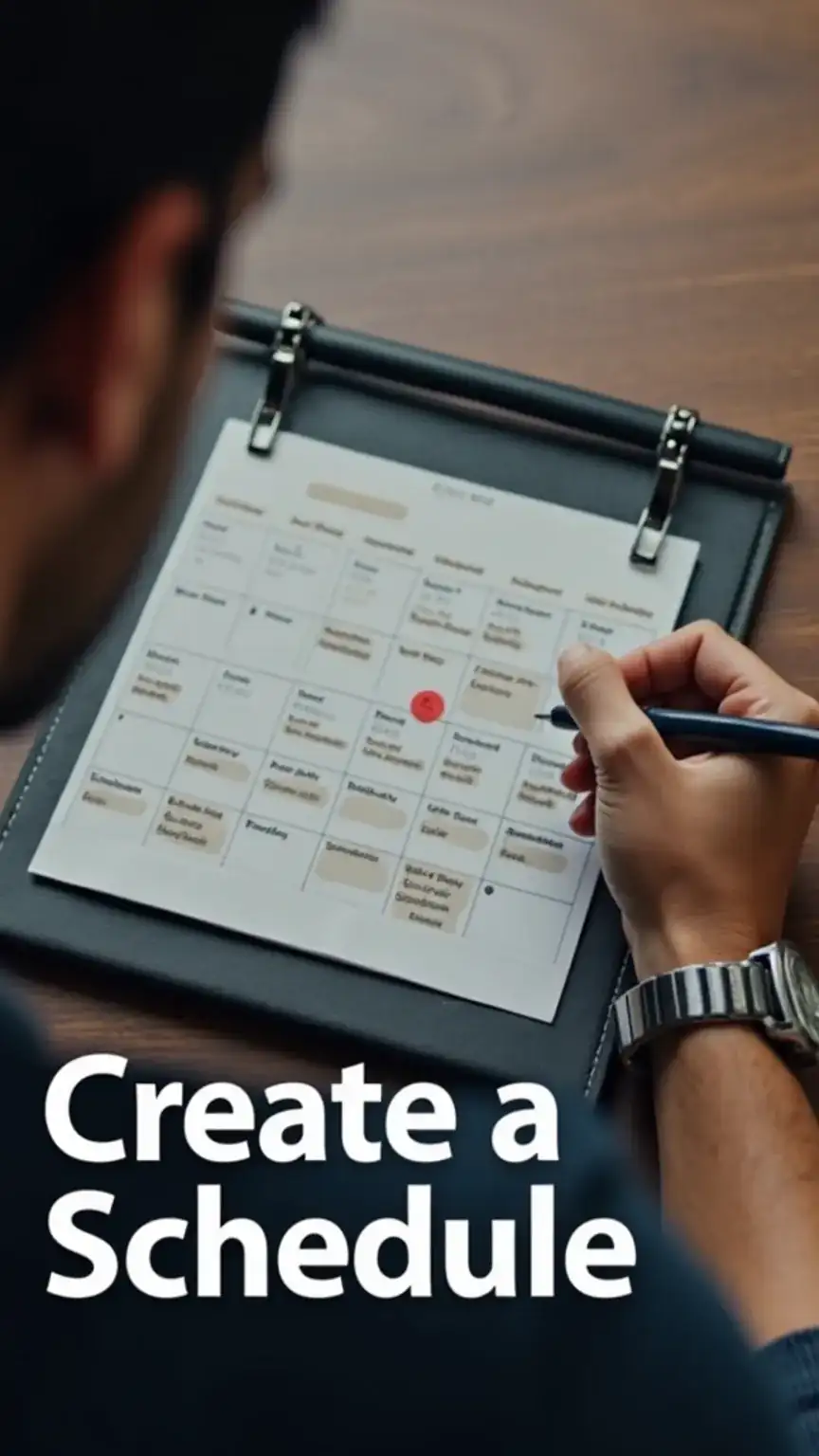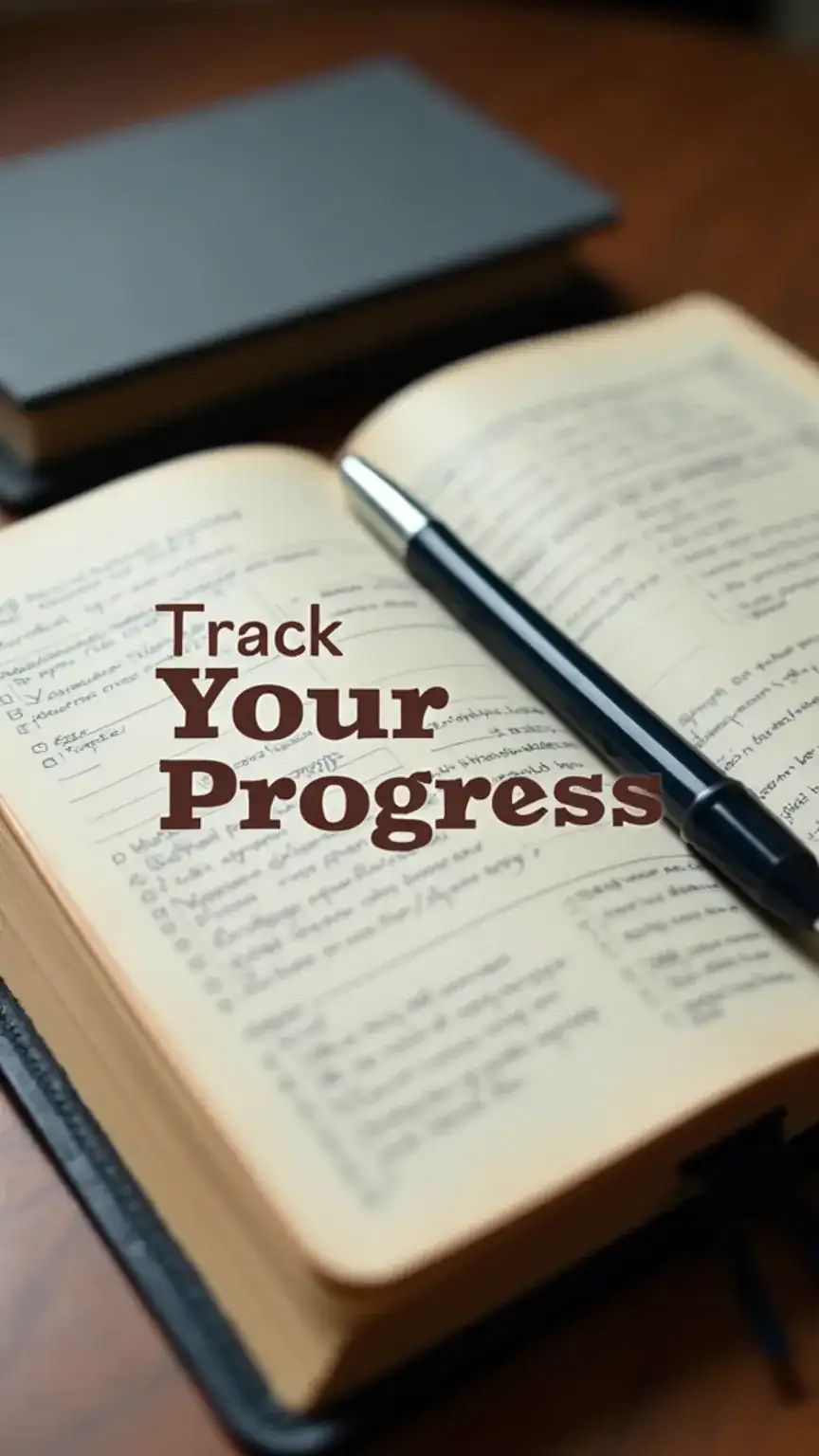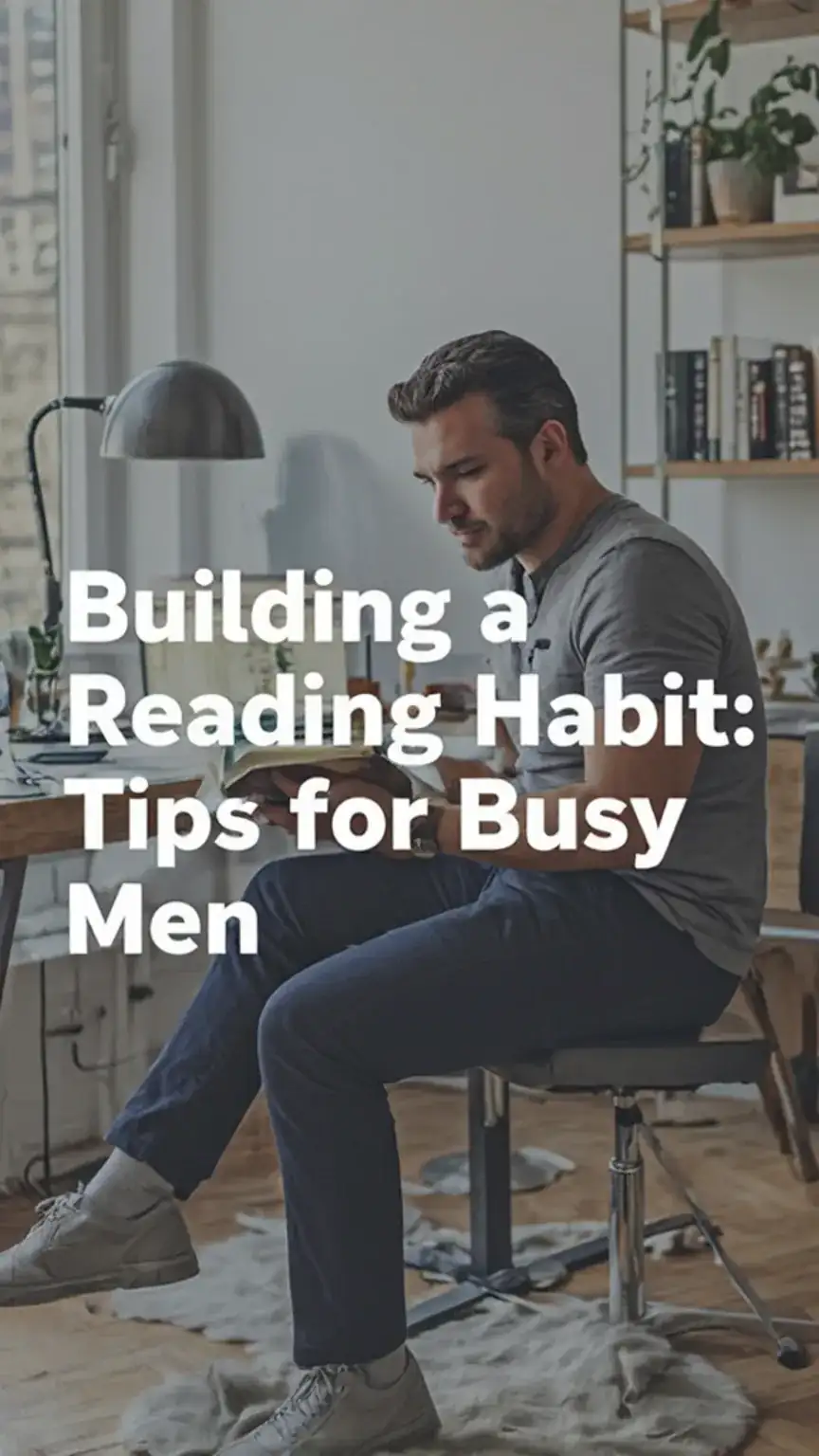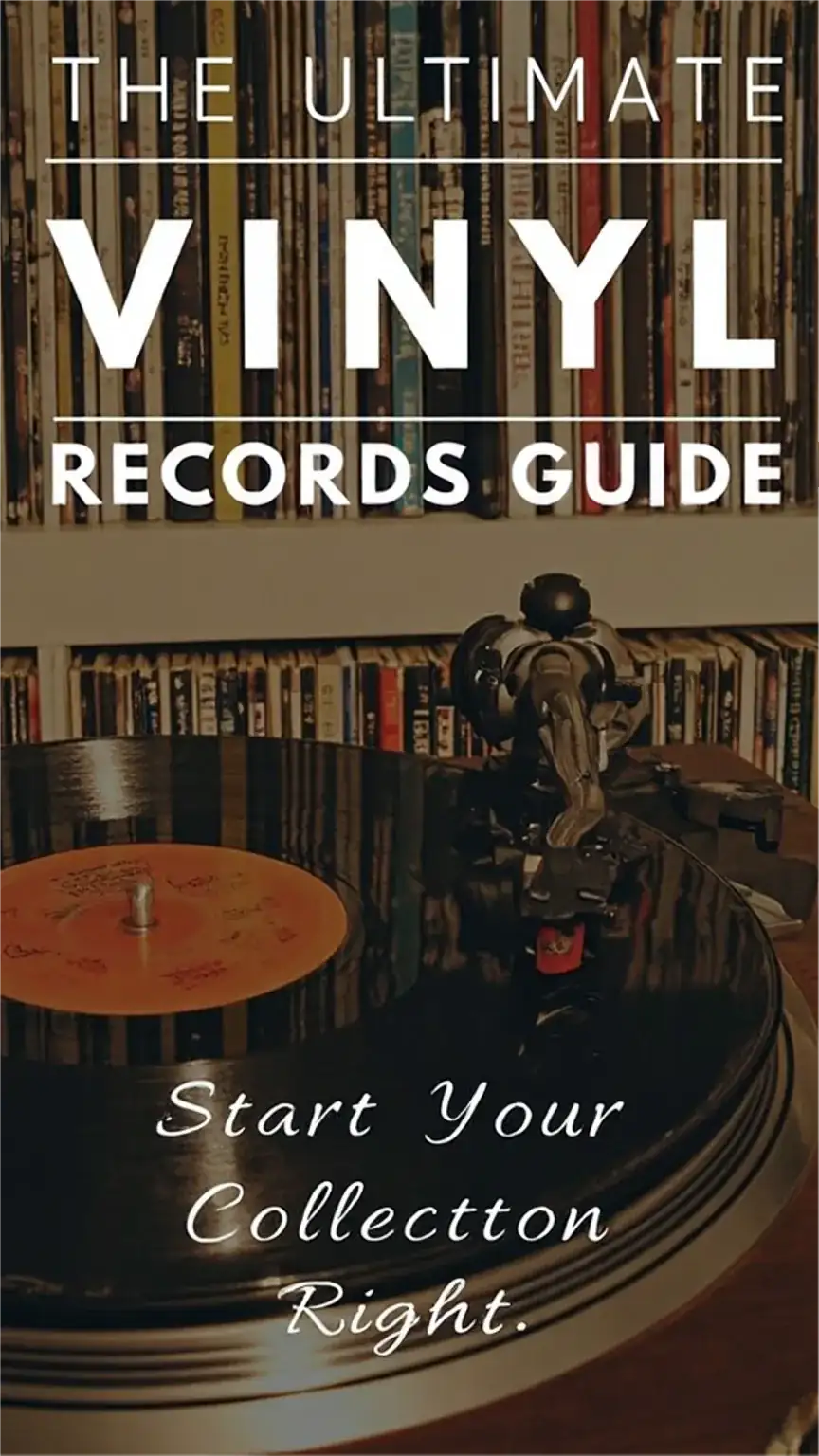Let’s be honest, fellas. In the relentless churn of deadlines, emails, and the ever-present hum of notifications, carving out time for a good book can feel like a luxury reserved for those with infinite free hours. Yet, as a former automotive marketing director who’s now navigating the nuanced world of life, style, and substance, I can attest: cultivating a reading habit isn’t just a pastime; it’s a strategic advantage. It’s the secret weapon in your arsenal to sharpen your mind, broaden your perspective, and, frankly, stay ahead of the curve in a world that never stops evolving. Imagine walking into a room where your insights are sharp, your conversations are engaging, and your confidence is palpable – much of that stems from the knowledge and understanding gleaned from the pages of a book.

For too long, we’ve accepted the narrative that “busy” means “no time to read.” But as Mercer Wexley, a man who appreciates the finer things in life, including the quiet contemplation a good book provides, I’m here to tell you that’s a fallacy. Developing a consistent reading habit can significantly boost your mental acuity, enhance your emotional intelligence, and provide invaluable insights for both your professional trajectory and your personal growth. It’s about making a conscious choice to invest in yourself, one page at a time.
The “Why” Behind the Pages: More Than Just Escapism
Before we dive into the “how,” let’s re-establish the profound benefits that a consistent reading habit offers. It’s not just about escaping the daily grind, though that’s certainly a welcome perk. For men aged 30-65, reading serves as a powerful tool for continuous learning and personal development. It’s a direct pathway to acquiring new skills, understanding complex issues, and gaining diverse perspectives that are crucial in today’s interconnected world.
Think about it: the most influential leaders, the most innovative thinkers, and the most engaging conversationalists often share a common trait – they are avid readers. They understand that knowledge is power, and that power is best cultivated through consistent engagement with ideas and information. Furthermore, studies have shown that regular reading can reduce stress, improve focus, and even delay cognitive decline. So, while you might feel you have “no time,” consider what you’re gaining by making time.
Step 1: Set Your Reading Goals – The Compass for Your Literary Journey
Just as you wouldn’t embark on a major project without a clear objective, building a reading habit requires a defined purpose. Before you even pick up a book, ask yourself: What do I want to achieve through reading? Are you looking to master a new skill for your career? Do you want to deepen your understanding of a particular historical period? Perhaps you aim to improve your communication skills or simply expand your general knowledge base.
Setting clear, actionable goals will serve as your compass, guiding your book selection and keeping you motivated. For instance, if your goal is career advancement, you might target books on leadership, industry trends, or productivity. Conversely, if personal growth is your aim, philosophical texts or biographies could be your focus. Defining these objectives upfront ensures that your reading time is intentional and impactful, transforming it from a passive activity into a proactive investment in yourself.

Pro Tip: Don’t aim for an overwhelming number of goals initially. Start with one or two specific areas. For example, “Read one book on leadership this quarter” is far more achievable than “Read a book a week on everything.”
Step 2: Choose Your Books Wisely – The Art of Curated Knowledge
The sheer volume of available literature can be daunting. Therefore, selecting books that genuinely resonate with your interests and align with your goals is paramount. This isn’t about reading what you think you should read; it’s about reading what will engage you and provide tangible value. If you’re passionate about ancient history, dive into that. If you’re fascinated by the intricacies of artificial intelligence, seek out authors who illuminate that field.
Consider what sparks your curiosity. Remember Dave, a 45-year-old accountant who felt stagnant in his career? He started by reading biographies of successful entrepreneurs, which inspired him to tackle a business strategy book. This proactive approach to book selection not only made his reading more enjoyable but also provided actionable insights that directly impacted his professional development, ultimately leading to a promotion.

Ladies, bookmark this for the man in your life who says he “doesn’t read” or “can’t find anything good.” A little nudge towards topics he’s genuinely interested in – be it cars, technology, sports, or historical events – can be the perfect gateway.
Step 3: Create a Reading Schedule – Consistency is Your Ally
This is where the rubber meets the road, and where most men falter. “I don’t have time” is the most common refrain. However, building a reading habit is less about finding large blocks of time and more about integrating reading into your existing routine. Think of it like exercise: you don’t need to spend hours in the gym; consistent, shorter workouts yield significant results. Similarly, dedicating just 15-30 minutes each day to reading can build incredible momentum.
Consider your daily rhythm. Are you an early riser? Perhaps your quiet morning coffee ritual can include a chapter or two. Do you have a commute? Audiobooks are your best friend here. Do you find yourself mindlessly scrolling through your phone before bed? Swap that habit for a physical book or an e-reader. The key is consistency. Schedule it like any other important appointment.

For example, dedicating 20 minutes before bed each night means you’ll read approximately 10-12 books per year, depending on their length. That’s a substantial amount of knowledge and perspective gained.
Step 4: Find a Reading Buddy or Community – Accountability and Camaraderie
Humans are social creatures, and leveraging that social inclination can be a powerful motivator for building any habit, including reading. Finding a reading buddy or joining a book club can provide a sense of accountability and shared purpose. Discussing what you’re reading, sharing insights, and even debating differing interpretations can deepen your understanding and make the process more engaging.
Perhaps you have a colleague who’s also trying to read more. Schedule a brief chat once a week to discuss your progress and share recommendations. Or, explore local or online book clubs that focus on genres or topics you’re interested in. This shared experience can transform reading from a solitary pursuit into a communal activity, fostering a stronger commitment to your literary goals.

Consider this: A shared reading experience can turn a solitary habit into a dynamic conversation, enriching your understanding and your relationships.
Step 5: Track Your Progress – The Power of Visualization
Keeping a record of what you read, when you read it, and your thoughts on each book can be incredibly motivating. This practice not only helps you stay accountable but also provides a valuable overview of your intellectual journey. You can use a simple notebook, a spreadsheet, or a dedicated app like Goodreads to log your reading.
Note down the title, author, genre, and perhaps a brief summary of key takeaways or your personal reflections. This allows you to see how far you’ve come, identify patterns in your reading preferences, and discover what truly resonates with you. Consequently, this data can inform future book selections, ensuring your reading remains relevant and impactful.

Actionable Insight: Regularly reviewing your reading log can highlight areas where you might be neglecting certain topics or authors, prompting you to diversify your reading list.
Step 6: Experiment with Formats – Flexibility is Key
In our digital age, the concept of “reading” has expanded far beyond the traditional bound paper. Audiobooks, e-books, and even well-curated articles or newsletters are all valid forms of engaging with written content. Don’t limit yourself to one format if it doesn’t suit your lifestyle or preferences.
If you find it difficult to sit down with a physical book, try listening to audiobooks during your commute, while exercising, or even while doing chores. If you prefer digital convenience, e-readers offer portability and features like adjustable font sizes. The goal is to consume content that enriches your mind, regardless of the medium. Experimentation is crucial to finding what works best for you.

Think of it this way: If your car needs oil, you don’t refuse to change it because you prefer a different brand of oil. You use what’s effective and available. Similarly, embrace the various formats that allow you to absorb knowledge.
Step 7: Make it Enjoyable – The Foundation of Lasting Habits
Ultimately, the most effective way to build and sustain a reading habit is to ensure it’s an enjoyable experience. Don’t force yourself to plow through a book that bores you. Life is too short, and there are countless other fascinating books waiting to be discovered. If a book isn’t grabbing you after a reasonable number of chapters, it’s perfectly acceptable to set it aside and move on to something else.
Choose subjects that genuinely pique your interest. Explore genres that excite you. Create a comfortable reading environment – perhaps a favorite armchair, a quiet corner, or a scenic park bench. The act of reading should be a pleasure, not a chore. When you associate reading with positive feelings, the habit naturally strengthens.

Pro Tip: If you’re looking for recommendations, consider books that have impacted influential figures in your field or that have received widespread critical acclaim. Often, these are popular for a reason.
Recommended Reads for the Modern Man
All the book titles below include Amazon affiliate links. If you click and purchase through these links, I may earn a small commission at no extra cost to you—helping support this blog and bringing you more great content.
For Leadership & Business Acumen:
- The 7 Habits of Highly Effective People by Stephen Covey: A timeless classic on personal and professional effectiveness.
- Good to Great by Jim Collins: Explores what separates enduring companies from the rest.
- Atomic Habits by James Clear: Practical strategies for building good habits and breaking bad ones.
For Personal Growth & Mindset:
- Man’s Search for Meaning by Viktor Frankl: A profound exploration of finding purpose in suffering.
- Mindset: The New Psychology of Success by Carol S. Dweck: Understanding the power of a growth mindset.
- Meditations by Marcus Aurelius: Stoic wisdom for modern life.
For Understanding the World & History:
- Sapiens: A Brief History of Humankind by Yuval Noah Harari: A sweeping overview of human history.
- The Power Broker: Robert Moses and the Fall of New York by Robert Caro: A masterclass in biographical journalism and urban development.
- Team of Rivals: The Political Genius of Abraham Lincoln by Doris Kearns Goodwin: Insight into leadership and political strategy.
Remember, this is just a starting point. Your personal library will, and should, be as unique as you are.
Conclusion: Your Future Self is Reading This
Building a reading habit as a busy man is not an insurmountable challenge; it’s a strategic investment in your most valuable asset: yourself. By setting clear goals, choosing books wisely, scheduling dedicated time, leveraging community, tracking your progress, experimenting with formats, and most importantly, making it enjoyable, you can transform your relationship with reading. It’s about more than just accumulating knowledge; it’s about sharpening your mind, broadening your perspective, and cultivating a deeper sense of purpose and engagement with the world around you.
So, ready to own your image and elevate your game? Start with Step 1: Set Your Goals and identify one specific area you want to explore through reading this month. Then, commit to just 15 minutes of reading each day. Share your #StyleUpgrade and your reading journey on Pinterest or your favorite socials – tag a friend who needs a reading intervention!
For your convenience, we’ve linked some of our Amazon favorites (affiliate links that help support our work) that align with these tips, from productivity guides to thought-provoking non-fiction. Check out the recap block just below to explore these picks. Your future self, armed with new insights and a sharper mind, will thank you.









